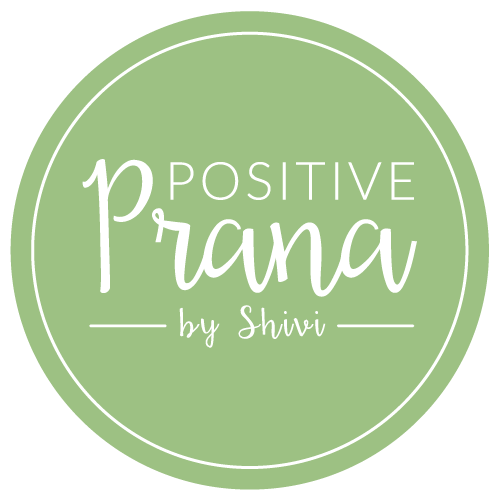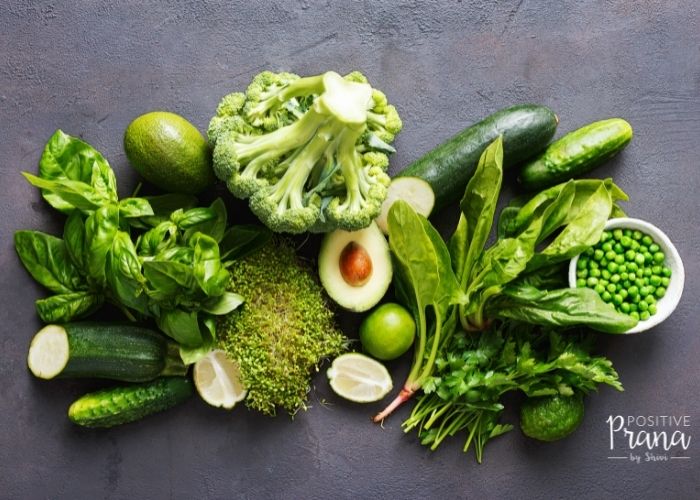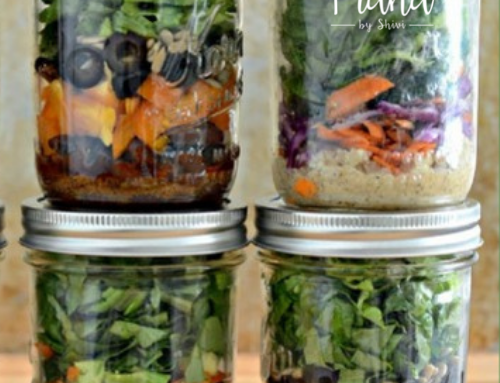Orthorexia is the term for a condition that includes symptoms of obsessive behaviour in pursuit of a healthy diet. We as a society are breeding a new generation of food-restriction junkies who are victims of their own compulsive behaviours around food. So how do you know if your restrictions have gone too far? Where do you draw the line? And how do you know if you have an eating disorder like orthorexia?
Robin Berzin Md writes in her article “Are We Clean Eating Our Way To An Eating Disorder?” the answer is in how you approach your eating choices in the first place, which comes down to the conversation you have with yourself every day when you eat. This conversation can go generally one of two ways.
1. The Fear Conversation goes something like this: This food is dangerous. This food is dirty. This food is toxic. This food will make me sick.
2. The Love Conversation is more along the lines of this: This food is healthy. This food will nourish me. This food will make me strong. This food will give me energy. This food is good for the planet.
As a Functional Medicine doctor, I spend a lot of time talking to people about what to eat, and what foods not to eat. I see how eliminating certain foods that people are sensitive too — frequently gluten and dairy — help them resolve chronic symptoms like acne and even irritability and depression.
I also see how simply cutting back on the processed, industrial-chemical laden “food” that fills our grocery stores reverses many of the chronic diseases that plague our country — from high blood pressure to diabetes — within days to weeks.
But these articles are a good reminder for all of us — patients, doctors, consumers, health coaches — to focus on what ultimately drives healthy behaviour and that’s a healthy relationship with your body.
So how do you cultivate this kind of healthy relationship with YOU?
1. Cut out the repetitive reel of negative talk about or to your body. If you tell your friend they suck all the time they will probably quit being your friend. Your body is no different.
2. Define your health by something other than the number inside the waistband of your jeans.
3. Look at food as a source of love and pleasure not a source of punishment or fear.
4. If you find yourself anxious over food and restaurant choices, ask yourself what exactly you are afraid will happen, and if it happens can you recover? For most people, the answer is yes, and knowing that you have that kind of resilience is power.



Leave A Comment